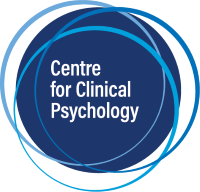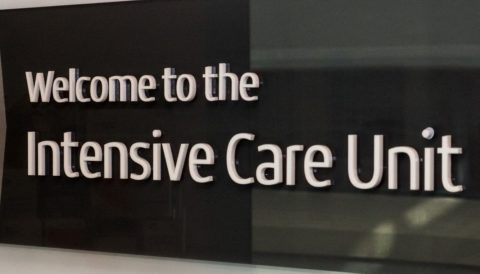
Can my patient really have PTSD after a Heart Attack?
Heart attack or myocardial infarction is a health problem that many of us are aware of and often we know some one who has survived the event. It might be hard to believe that a heart attack and PTSD could be associated. However, the research as discussed below shows that










